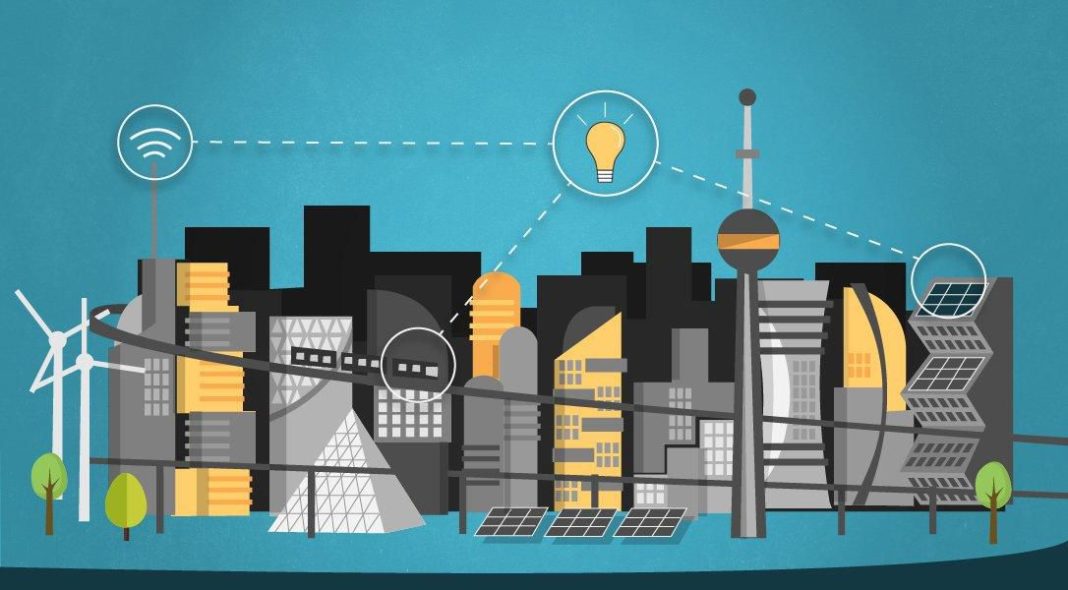BARCELONA—On an overcast day in November 2019, thousands of people from all over the globe streamed in to Barcelona’s cavernous suburban convention centre to partake in what’s become an annual celebration of a utopian vision for 21st-century cities — a vision fuelled by the potent confection of cutting-edge digital technology, urbanist idealism and an enormous amount of money.
Sprawled across two giant trade halls, the Smart City Expo, founded in 2011, featured exhibits by tech companies of all sizes, as well as local, regional and national governments. Bureaucrats, investors, academics and journalists roamed aisles lined with screens, cafes and Sim City-type renderings. Smart city sales people, meanwhile, offered “seminars,” handed out brochures and enticed attendees to try devices ranging from sophisticated surveillance and mapping gear to electric scooters. Signage throughout encouraged visitors to be inclusive and sustainable. Cisco, a network tech giant and major sponsor, had its logo everywhere.
The Government of Canada operated a single modest booth off in one corner, while Sidewalk Labs, Apple/Google’s ambitious smart city disrupter, had no booth. The location of the event was no accident: Over the past decade, the picturesque Catalonian capital has established itself as an exponent of progressive smart city policy as well as a hub of smart-city investment and entrepreneurship. Barcelona’s smart-city congress itself has become something of a lucrative export product, with well-attended spinoff trade-shows in Latin America, Asia and the Middle East. Perched at a high table in the […]
Click here to view original web page at www.thestar.com
image : MCKENNA DEIGHTON ILLUSTRATION

